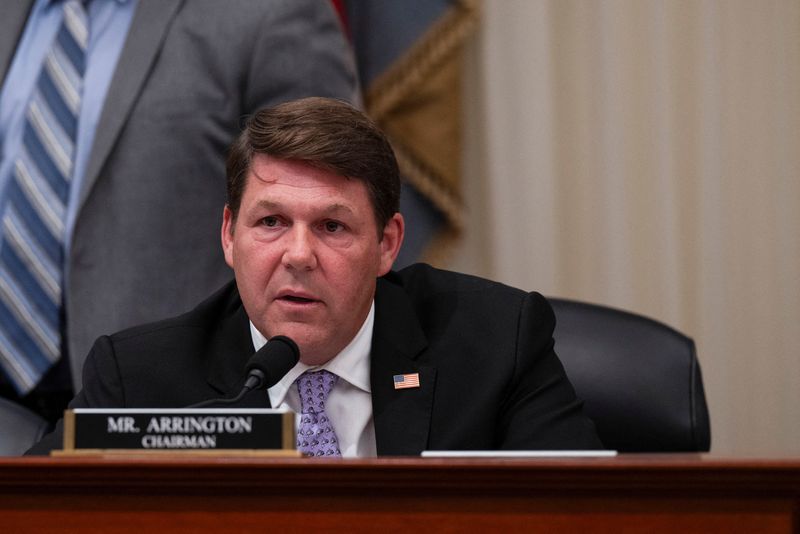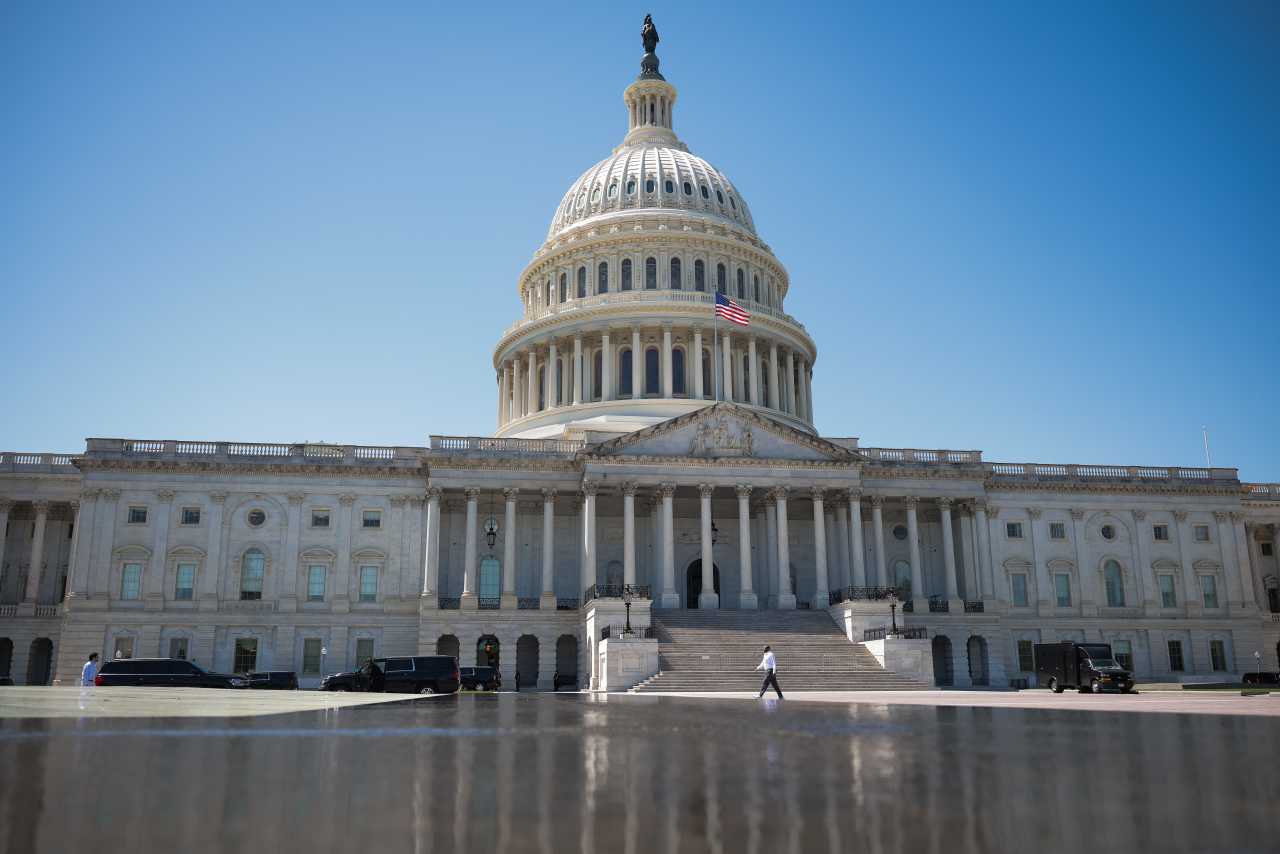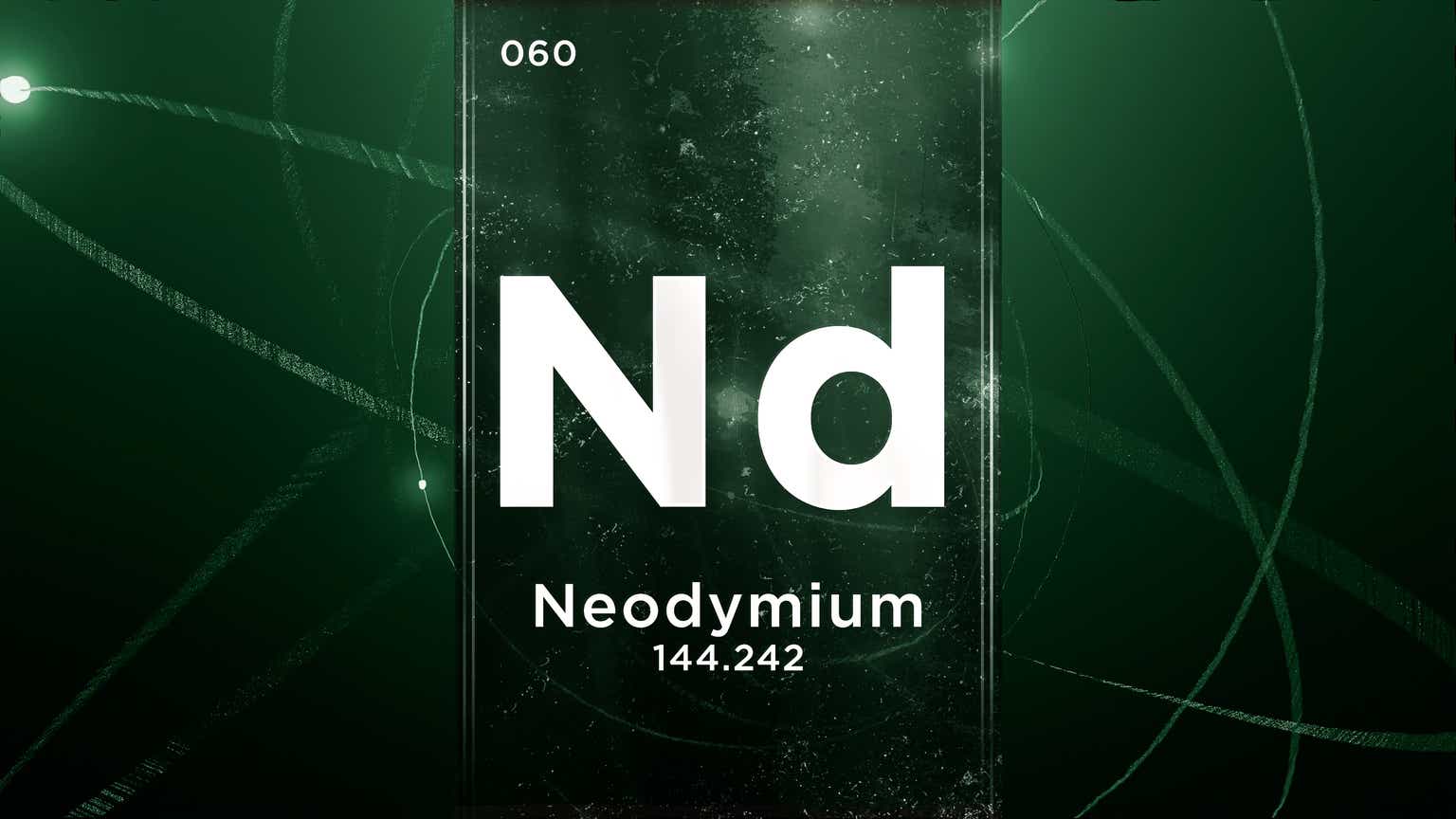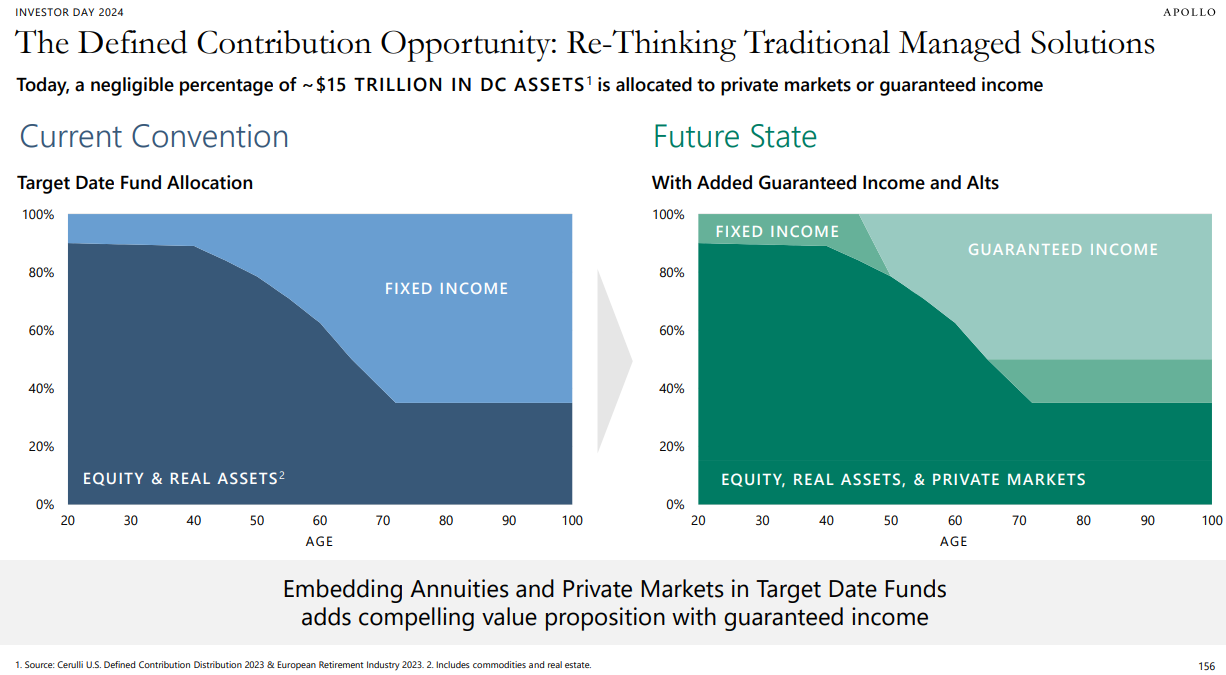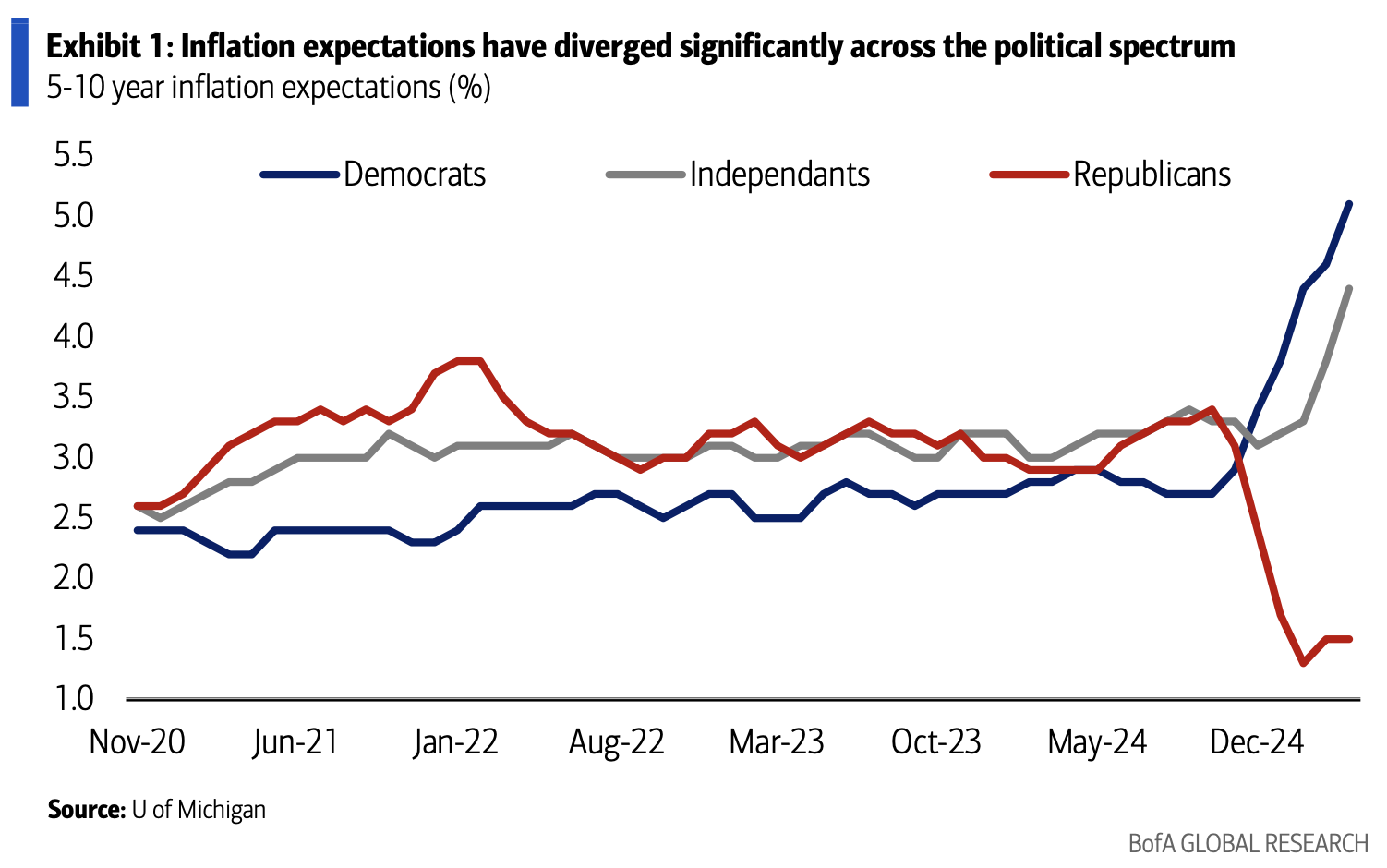The GOP is proposing $1,000 ‘MAGA’ savings accounts for kids. Here’s how they would stack up next to existing investment options
"Given that the proposed MAGA accounts are not 529 plans, parents could take advantage of both."

Republicans are proposing the creation of a new tax-preferred savings account for children dubbed the "money account for growth and advancement," or MAGA account, in their "one big beautiful" tax bill. The proposal calls for giving $1,000 to children born between 2025 and 2028 to kickstart savings, and supplies other incentives for parents to save for their kids' future.
As currently written in the draft legislation, the MAGA account would allow parents to contribute up to $5,000 per year that would be invested in U.S. equities. Money contributed to the account could be put toward qualifying expenses like school or job training expenses, to buy a home, or to start a small business. Republicans are still working out what they mean by tax advantaged. One plan says it would be "exempt for taxation," while another bill summary says the withdrawals would be taxed at the long-term capital gains rate, akin to a brokerage account. The government could also contribute, and those would not be subject to a cap.
Sen. Ted Cruz, R-Tx., previously told Semafor that the accounts would help children in the U.S. "begin the journey of savings and benefit from the wonders of compound interest." The U.S. Treasury would automatically set up accounts for those who do not have them, and fund them with a one-time $1,000 payment for the next four years. The proposal also calls for letting parents with kids under the age of 8 establish an account, though only newborns receive $1,000. Half of the funds could be withdrawn between the ages of 18 and 25, while any remaining funds would have to be disbursed by 31.
The proposed MAGA savings accounts would represent a new vehicle for parents to save for their children, but states have long offered variations of such plans—meaning parents would want to evaluate the various merits of each.
MAGA, 529, or Roth IRA?
Parents already have some tax-preferred savings options for their kids, albeit with slightly different parameters. A 529 savings plans is most commonly structured as a tax-advantaged investment account that can be used to pay for qualified education expenses like tuition. The plans and their exact tax structure vary by state, but so long as the funds go toward qualified educational expenses, earnings and withdrawals are tax free. Until the MAGA bill writers define the final tax incentives, it's unclear if a given state plan would be more or less advantageous. Many states also offer other tax deductions and credits related to education.
A custodial Roth IRA, meanwhile, is a Roth retirement account managed by a parent or guardian for the benefit of their under-18 (or 21, depending on the state) child. When they reach adulthood, the accounts are rolled over to a standard retirement vehicle.
And depending on how withdrawals are taxed, they may not be that advantageous to many savers, says Sam Taube, lead investing writer at personal finance site Nerdwallet.
If withdrawals are taxed at the long-term capital gains rate, "this would effectively be the same tax treatment as a passively-invested brokerage account, except that in a normal brokerage account, all sales of investments that have been held for more than one year are taxed at the long-term capital gains rate, regardless of what you’re using the money for," says Taube. In that way, the MAGA account would actually be less advantageous, because it limits when beneficiaries can use the funds and what they can be used for.
Aside from what funds invested in the accounts can be used for, one of the main differences between the proposed MAGA accounts and existing accounts for kids is the $1,000 the federal government is proposing to give children born from 2025 through 2028 says Taube. But similar funding options exist at the state level in some places.
Taube points to Colorado's First Step Program, which gives a $100 contribution to a 529 plan at birth, and matches $1,000 contributions during an eligible account's first five years of funding. Parents can check out the National Conference of State Legislatures for more information on what their states offer.
Something to watch out for, says Taube, is that some state 529 programs have income limits, and the funds can only be spent on educational expenses, limiting their usefulness.
"The proposed MAGA accounts, in their current form, may offer a little more flexibility, both in terms of income-based eligibility and in terms of what the money can be spent on," says Taube. "But it's not one-or-the-other. Given that the proposed MAGA accounts are not 529 plans, parents could take advantage of both."
Status of the 2025 Republican tax plan
Overall, it's "hard to say" what the effect of the GOP's broader proposed $5 trillion tax bill will be on Americans' personal finances, says Taube. The current proposal calls for eliminating certain tax cuts, while expanding others. It also taxes private university endowments, which could lead to additional costs passed onto students. The bill also calls for cutting Medicaid benefits, which would likely financially harm low-income Americans.
The GOP tax bill is still being debated, and needs to pass both the House and Senate before President Donald Trump can sign off on it, something that could take months.
Republicans are under something of a ticking time bomb to pass their bill. The last time Trump was in office, the sweeping tax legislation he signed into law came with an end date: Most of the provisions, especially those related to individual tax cuts, would expire at the end of 2025.
That includes lower tax rates for many Americans, as well as a more substantial estate and gift tax exemption and other tax breaks.
As it stands, Republicans are torn on a few of the provisions, including deep cuts to Medicaid and the state and local tax deduction known as SALT.
This story was originally featured on Fortune.com








